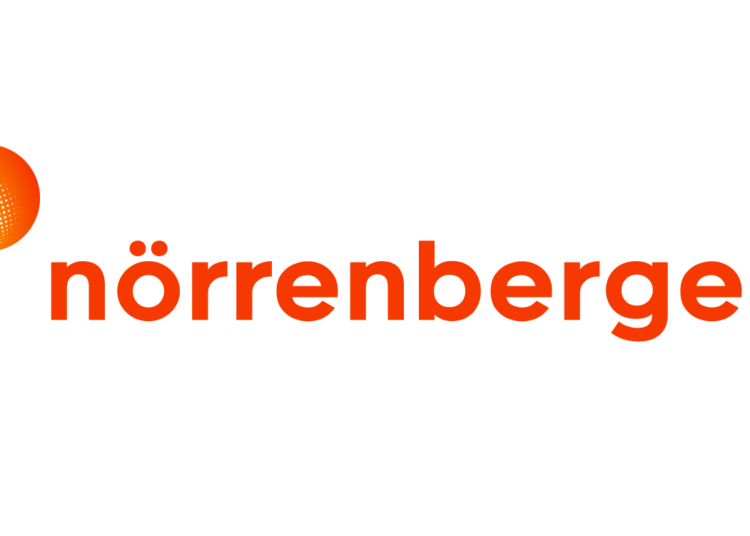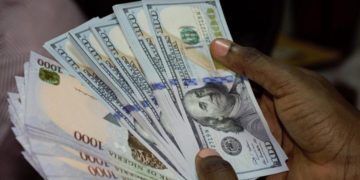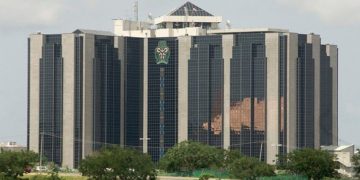Nigeria-based financial services group, Norrenberger has said reforms of the federal government have begun to make noticeable progress on some sectors of the economy. For instance, the outlook said there is an improved trade balance, increased allocations from the Federation Account Allocation Committee (FAAC) with a surge in capital importation and increased foreign reserves amidst exchange rate convergence.
Norrenberger however said the economy is still challenged by high commodity prices, nationwide insecurity, increased poverty, depreciating currency and high cases of divestments.
The firm also projected Nigeria’s galloping inflation to slow by the end of 2024 as efforts by both monetary and fiscal authorities intensify.
Norrenberger made the exertions in a new economic outlook tagged “Nigeria: Beyond the Reforms” which was released virtually on Thursday and also projected GDP growth at the end of the year to be 3.1 per cent.
Presenting the report, business head, Norrenberger Asset Management, Pabina Yinkere said “Inflation continues to be a major headache for the country and has built up primarily from COVID 19, Russia Ukraine war infrastructure deficit, high energy cost, uneven purchasing power and fuel subsidy removal.
“Subsequently, we have projected that inflation will moderate at 32.26 per cent at the end of the year while GDP growth is projected to moderate at 3.1 per cent. Also at worst case scenario, the exchange rates will be N2000 to $1 while at best case scenario, N1,100 to $1
On the drivers of the assumptions, the report noted that the worst-case scenario will be facilitated by “increased global tensions, further increase in electricity tariff, fall in crude oil production below 1.2mbpd as well as Dovish CBN policy,” while the best-case scenario will be facilitated if “Oil production surpasses 1.5mbpd and Dangote refinery comes fully into play as it will boost supply and improve economic activities.”
The report further noted that the largest contributors to the economy are the ones most badly hit by exchange rate instability and interest rate hike.
Earlier in his remarks, the group managing director/CEO of Norrenberger, Tony Edeh noted that the outlook released was merged with a panel session of seasoned financial experts to share perspectives and current challenges with a view to provide clear recommendations on economic growth and development.
Also in his remarks, the Director general of the Securities and Exchange Commission, Dr. Emomotimi Agama noted that the securities and capital markets play a crucial role in the economy, adding that “SEC plays a pivotal role through financial inclusion framework and will mobilise market support for MSMEs and other businesses to promote sustainable economic growth.”











